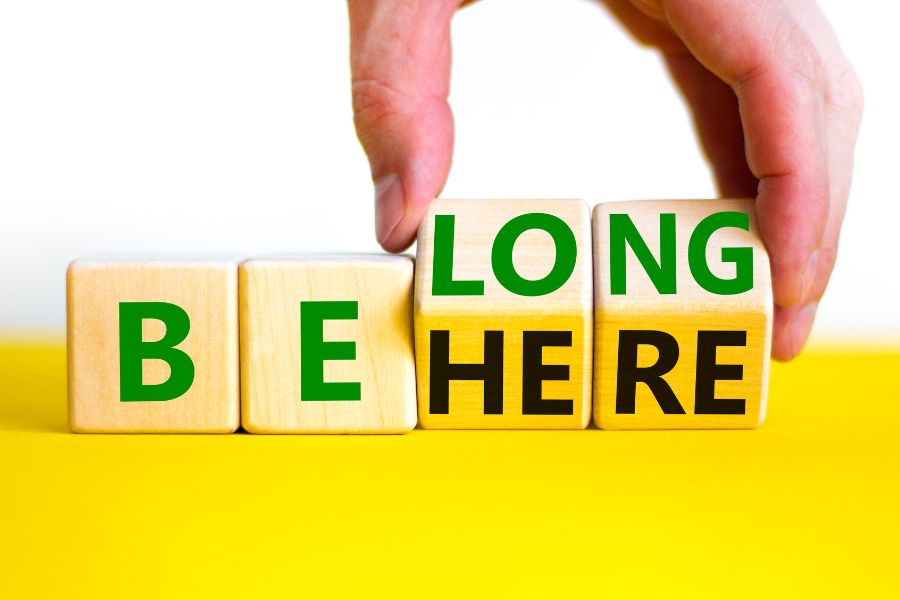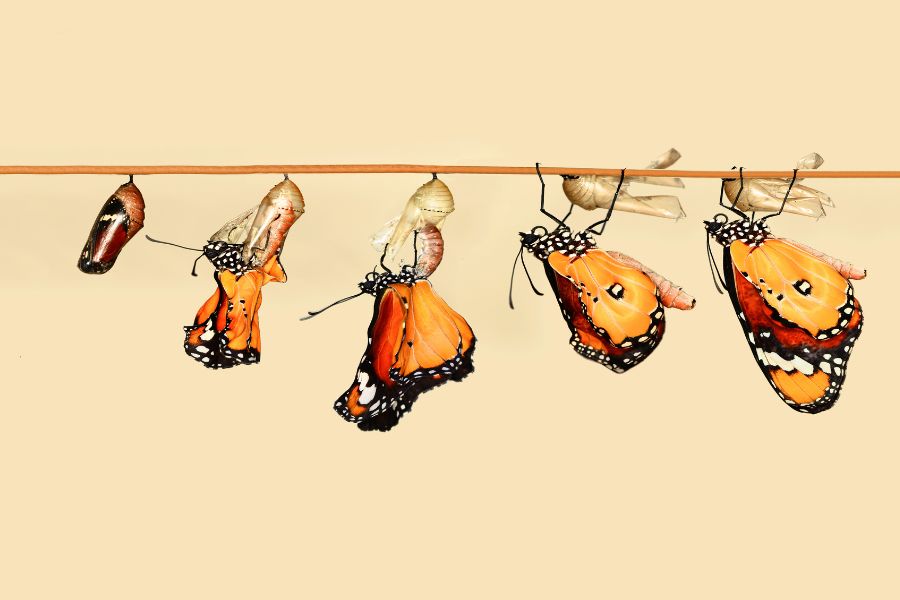I’ve always believed in sharing personal experiences over theories or borrowed opinions. And through my own failures, I’ve realized something profound—the absence of belonging plays a bigger role than we think.
At first, this might sound vague, but stay with me. I’ll break it down into facts and lived experiences.
When I say failures, I don’t just mean professional setbacks. I’m talking about failures in relationships, in achieving good health, in maintaining emotional and mental well-being, and even in spiritual aspirations. And if we look closely, all of these have something to do with belonging.
What Does Belonging Really Mean?
Belonging is not just about being in a group; it’s about having a sense of connection—one that truly speaks to you.
This applies to every aspect of life:
- The people you work with
- Your romantic relationships and friendships
- Your connection with yourself—the confidence you have, your sense of self-worth
- The work you do, the place you live, the communities you’re part of
But here’s the real question: How do you know what aligns with your core self if you don’t even know who you are?
And that’s where self-awareness becomes the foundation for every connection you will ever experience. Let’s explore this in different aspects of life.
Belonging in Personal Life
The quality of your life is defined by the quality of your relationships. And yet, most people go through life experiencing doubt, confusion, and misalignment in their choices.
- Which career should I pursue?
- Who should I marry?
- Where should I live?
These questions feel overwhelming when you don’t have a strong sense of self. And I’ve seen this firsthand while working with young adults across different cultures—many struggle with making decisions because they don’t know who they are.
One of my signature workshops, Seeding Awareness, focuses on this very issue—helping young people plant the seeds of self-awareness early on. Because the stronger your connection with yourself, the clearer your decisions will be, and the more aligned your actions will feel.
When people lack this sense of belonging with themselves, it affects everything:
- Their emotional health suffers
- They feel disconnected from their work, relationships, and surroundings
- They struggle with self-worth and confidence
Ask yourself: Do you truly know who you are, your vulnerabilities, your strengths, your superpowers? If not, your struggles might not be about effort or discipline—but about the lack of belonging with yourself.
Belonging in Professional Life
Workplace loneliness is at an all-time high. And while this issue affects all generations, it’s especially prevalent among young professionals.
Technology has given us freedom, but it has also created isolation. People are no longer working just to survive—they want meaning in their work. And when they don’t find that connection, they feel lost, unfulfilled, and directionless.
Many professionals wake up one day realizing:
- Their job doesn’t align with their values or purpose
- They’re surrounded by colleagues but feel alone
- They don’t see a clear future in what they’re doing
And here’s the problem—when you don’t know who you are, it’s impossible to choose a career that truly fits. The missing link? Belonging.
Most people never map out their lives. They don’t ask:
- Where am I today?
- Where do I want to go?
- Do these two points align?
Without belonging, you’ll spend years in jobs that don’t fulfill you, chasing promotions that don’t matter, and wondering why success feels empty.
So if your work feels meaningless, maybe the question isn’t about changing careers—it’s about finding alignment between your work and your core self.
Belonging in Social Life
Our social lives are shrinking. People live in isolation—sometimes by choice, sometimes by circumstance. Either way, human connections are becoming optional, and that’s a problem.
Think about this:
- When was the last time you met up with a friend just to connect?
- How often do you participate in community events or social gatherings?
- Do you have people in your life who truly see you and understand you?
Many cultures today discourage social interactions outside of work or necessity. People hesitate to initiate conversations, and trust in relationships is thinning. Add social media and virtual reality into the mix, and we have a world where people feel more isolated than ever.
This lack of social belonging is not just personal—it’s an epidemic. Loneliness is affecting public health, workplace performance, and even the global economy.
But beyond statistics, let’s bring this back to you: Do you belong in the community you live in? Do you feel appreciated and seen?
Belonging as the Foundation of Fulfillment
The biggest realization I’ve had? One aspect of belonging cannot replace another.
- A great personal life doesn’t compensate for loneliness at work
- A fulfilling career doesn’t replace deep social connections
- A strong social network doesn’t make up for the lack of spiritual alignment
When people feel like something is missing, they often try to substitute one for the other. But the truth is, you need all three—personal, professional, and social belonging—to feel truly fulfilled.
Look around at the world today:
- Mental health crises are rising
- Workplace disengagement is at an all-time high
- Social trust is eroding
I’m not saying belonging is the sole cause of these problems. But I do believe that its absence plays a massive role.
So, ask yourself:
- Do you belong in the relationships you’re in?
- Do you belong in the work you do?
- Do you belong in the community around you?
Because once you start seeing your failures through the lens of belonging, you might finally find the answers you’ve been searching for.
















